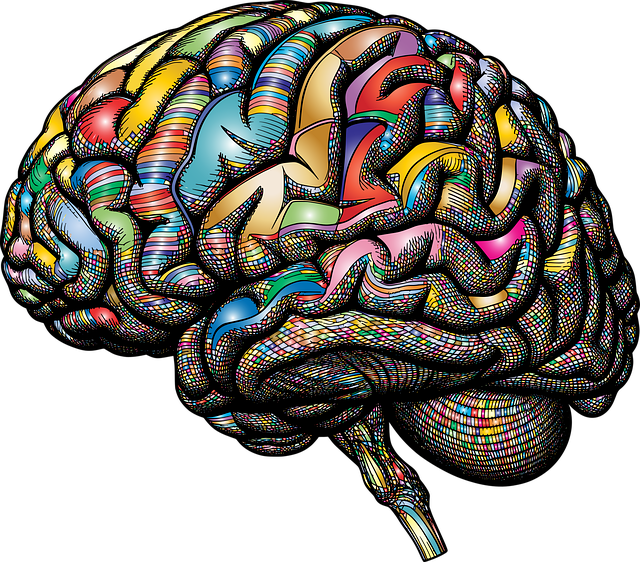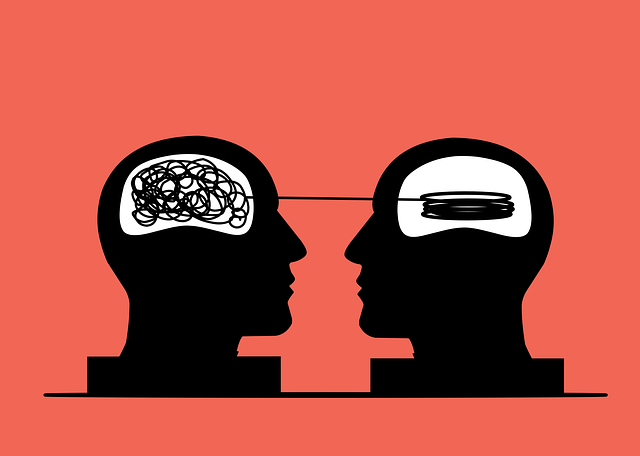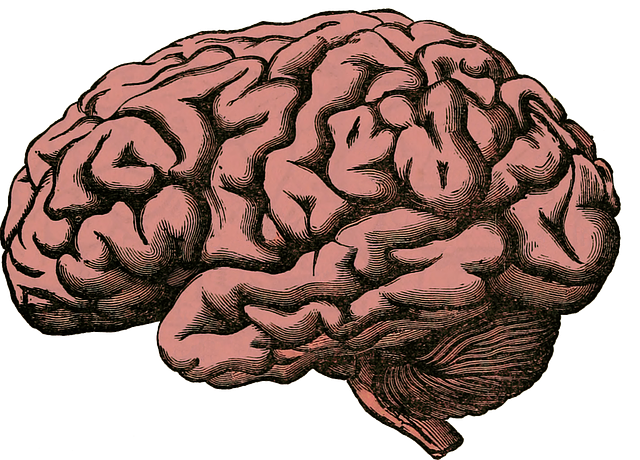Longmont American Sign Language (ASL) Therapy offers crucial guidance in navigating mental health treatments, particularly for underserved populations with unique communication needs. By combining ASL expertise with therapy, they ensure accurate diagnoses and tailored care. Through comprehensive evaluations, innovative strategies, and community outreach, they empower individuals to understand their mental health journeys, adopt self-care practices, and make informed treatment decisions, ultimately enhancing emotional well-being.
Mental illness diagnosis and treatment navigation can be daunting, but understanding the process is empowering. In this comprehensive guide, we demystify mental health diagnoses and explore innovative approaches like Longmont American Sign Language Therapy. We delve into navigating treatment options, emphasizing patient-centric care, and highlight support systems and resources vital for recovery. By understanding your diagnosis and leveraging available tools, such as specialized therapy, you can take control of your mental well-being.
- Understanding Mental Health Diagnoses: Demystifying the Process
- The Role of Longmont American Sign Language Therapy in Diagnosis
- Navigating Treatment Options: A Comprehensive Guide for Patients
- Support Systems and Resources for Effective Recovery Journey
Understanding Mental Health Diagnoses: Demystifying the Process

Mental health diagnoses can seem like a complex maze, but understanding this process is essential for navigating treatment effectively. At Longmont American Sign Language Therapy, we believe that demystifying diagnosis is a powerful first step in supporting mental well-being. It involves a comprehensive evaluation by qualified professionals who consider various factors, including symptoms, personal history, and behavioral observations. This thorough approach ensures that each individual receives an accurate assessment tailored to their unique experiences.
By deciphering the diagnostic process, individuals gain valuable insights into their mental health journey. It empowers them to actively participate in treatment decisions, fostering a sense of self-awareness. Furthermore, understanding one’s diagnosis enables individuals to explore effective communication strategies, adopt beneficial self-care practices, and engage in exercises that enhance emotional intelligence—all crucial elements for managing and improving mental health outcomes.
The Role of Longmont American Sign Language Therapy in Diagnosis

Longmont American Sign Language (ASL) Therapy plays a pivotal role in navigating mental health diagnosis and treatment. ASL therapists are trained to understand and interpret non-verbal communication, which is particularly crucial for individuals on the autism spectrum or those with hearing impairments who often struggle to express their feelings and experiences verbally. This specialized therapy facilitates accurate assessment by enhancing the patient’s ability to convey emotional states and symptoms, thereby promoting more effective Emotional Well-being Promotion Techniques.
Through innovative Empathy Building Strategies tailored to the unique needs of deaf and hard-of-hearing individuals, Longmont ASL Therapy bridges the communication gap in mental health care. Their Community Outreach Program Implementation ensures that these services are accessible to underserved populations, fostering a more inclusive environment where everyone can receive the support they need for their emotional well-being.
Navigating Treatment Options: A Comprehensive Guide for Patients

Navigating treatment options for mental health can be overwhelming, but it’s a crucial step toward recovery. At Longmont American Sign Language Therapy, we understand the complexity of this process and offer comprehensive guidance to ensure patients make informed decisions about their well-being. Our team provides a detailed exploration of various therapeutic approaches, tailoring recommendations to individual needs.
We believe in empowering individuals with knowledge about available treatments, including communication strategies from Mind Over Matter Principles, and effective stress management workshops organized by our expert facilitators. By offering this guidance, we aim to reduce the stigma associated with mental health treatment and encourage folks to embrace a journey of healing and self-improvement.
Support Systems and Resources for Effective Recovery Journey

Navigating the path to recovery from mental illness can be challenging, but having strong support systems and access to the right resources makes all the difference. Longmont American Sign Language Therapy offers a unique approach to mental health care by incorporating ASL into therapy sessions, ensuring effective communication and understanding for deaf or hard-of-hearing individuals. This specialized service is just one example of how tailored resources can enhance the recovery journey.
In addition to professional therapy, fostering a robust support network is vital. Encouraging open conversations about mental health within communities can reduce stigma and promote early intervention. Self-care practices such as mindfulness meditation, regular exercise, and maintaining a balanced diet contribute to Anxiety Relief and overall well-being. Embracing Mind Over Matter Principles empowers individuals to take charge of their thoughts and emotions, fostering resilience and a sense of control during the recovery process.
In navigating mental illness, understanding diagnoses and exploring treatment options are pivotal steps towards recovery. The article has demystified the diagnostic process, highlighting the unique contributions of Longmont American Sign Language Therapy in serving diverse patient needs. By providing a comprehensive guide to treatment options and emphasizing the importance of support systems, individuals can embark on their journey to healing with confidence. Embracing resources like Longmont American Sign Language Therapy ensures a more inclusive and effective recovery process for all.








